What happens when I lose the 30% ruling?
This is a question my clients ask us frequently. Basically the answer is quite simple:
You will have to pay more taxes and will be treated like an ordinary Dutch resident when it comes to paying taxes in the Netherlands.
Of course this is a very generalised answer. To give a more specific answer, lets explain what the 30% ruling benefits are compared to regular Dutch tax payers.
People who have the 30% ruing are usually aware of the fact that they pay less income tax on their salary. So, for example, if you earn € 100,000 a year you will only pay income tax on € 70,000. This gives you a benefit of 52% on € 30,000.
However, not everyone is aware that they also have the right to apply for what is known as a partial foreign tax payer arrangement. If you do apply for this, all your assets are exempt from tax in the Netherlands. So this can give you a benefit of 1.2% on your assets. But be aware this doesn’t mean you don’t have to pay tax at all on your assets. If your assets are located in a foreign country, this can mean that you will have to pay tax in that country. Therefore it is always smart to check where you will get the best tax rates.
The other tax benefit you have while you receive the 30% ruling is not paying taxes on your income from a substantial interest as a shareholder, which is a benefit of 25% on this income.
So now we know what the benefits are when you receive the 30% ruling.
This makes it easier to answer the question what benefits you will lose when the ruling ends. In short, every benefit!
But there are two things that can make a difference. The first is that when you have your assets located in a different country it is likely you will pay tax in that particular country and not in the Netherlands. So again, it is wise to look at the tax rates of that country and compare them with the Dutch, before transferring money to a different location.
The other thing that is worth mentioning is that in some cases you will receive more tax deduction on your mortgage interest. Sometimes, when people have the 30% ruling, they will pay a maximum of 42% tax instead of 52% tax. If you lose the 30% ruling, your income can fiscally increase, meaning you will pay 52% tax on a part of your salary, and therefore have a higher tax deduction on your mortgage interest payments

